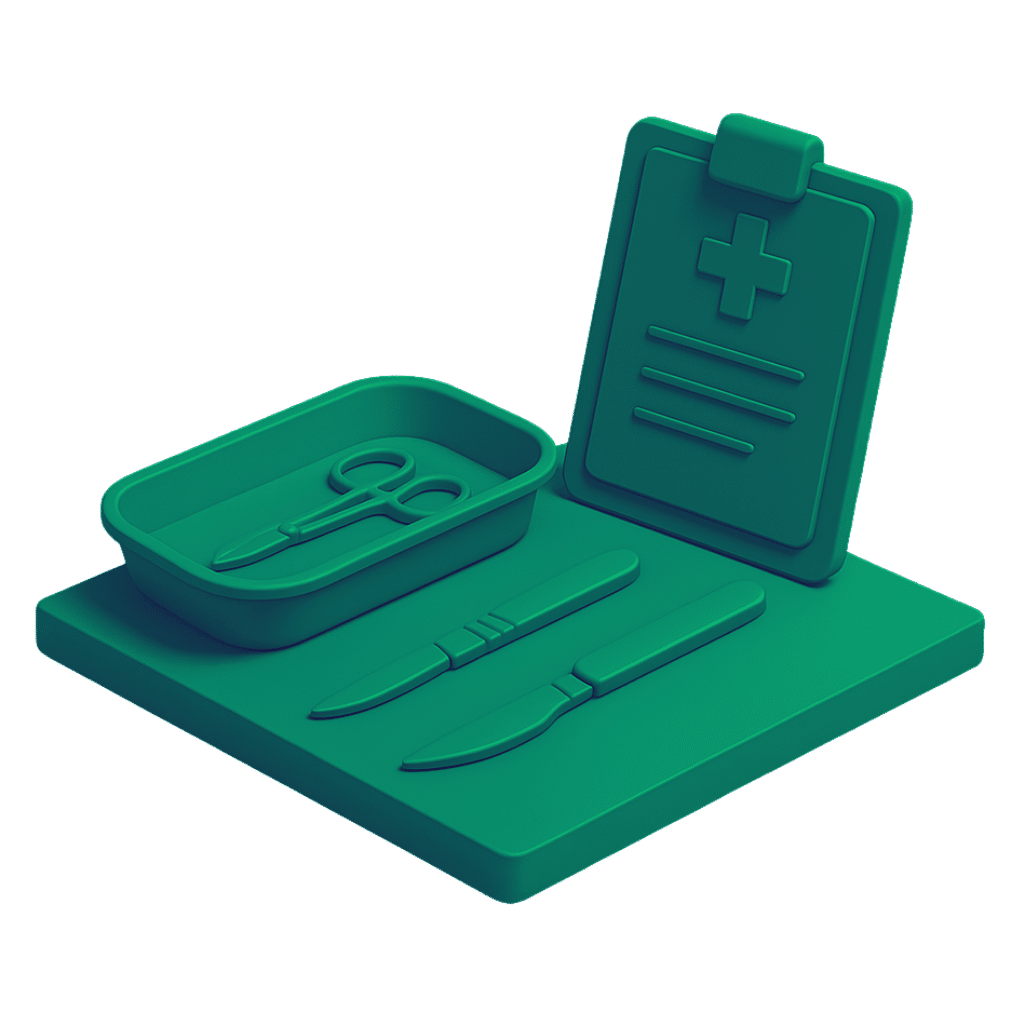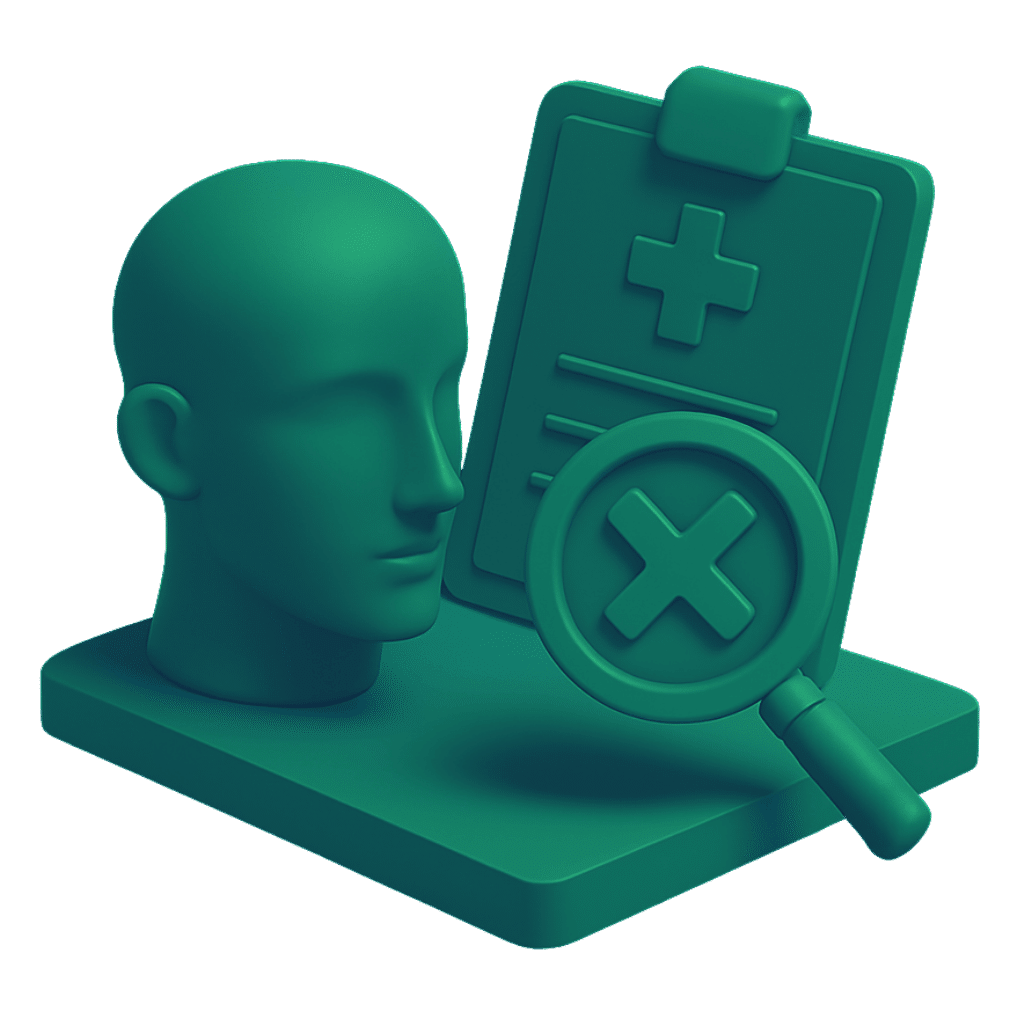



Obtenga la financiación legal de primera clase que necesita. ¡Llámenos ahora o solicítela en línea para dar un impulso a su camino hacia la tranquilidad financiera rápidamente!
They sure are fast. They help you all the way get you what you ask for thanks to every one there for coming through when I needed it.
Melissa was great to work with. Need money in a bind. Was fast and friendly.
Son muy profesionales y rápidos.
(They are very professional and fast. – English translation by Google)
¿Puede la financiación previa al acuerdo ayudarme a conseguir un acuerdo mayor de mi caso? Getting pre-settlement funding can help you maximize your settlement and case outcome by providing the financial stability needed to pursue a fair resolution rather than accepting a quick, lowball settlement offer due to financial pressure.
It empowers both you and your attorney to hold out for a fair and potentially larger settlement, giving them time to build a strong case without the pressure to settle before it is most advantageous to you, their client.
Without this financial boost, you might feel forced to settle for less, as defendants often use delay tactics to exploit your financial difficulties, hoping you’ll accept a lower offer. This tactic allows corporations to keep more money in their bank accounts, potentially saving them millions—or even billions—in plaintiff settlement payouts each year.
Feel confident pursuing justice on your terms without the burden of extra costs. With Express Legal Funding, you can count on a trusted source for fast pre-settlement funding at lower rates, plus free, fast delivery every time. We provide funding for cases of all sizes, serving clients across the United Estados with unmatched transparency.
¿Qué significa financiación legal sin recurso? Non-recourse legal funding is a type of financial support provided to plaintiffs in ongoing legal cases, where repayment is only required if the case is successful. If you do not win o settle your case, you owe nothing back to the funding company.
Unlike traditional loans, non-recourse funding is risk-free for plaintiffs, as it doesn’t involve personal liability o credit checks, and it’s solely dependent on the outcome of your case. This funding option can help cover essential expenses during the legal process without adding financial risk.
Entender la terminología legal y de financiación puede ayudarle a tomar decisiones informadas sobre financiación previa al acuerdo. Here’s a breakdown of essential terms we’ve created to empower consumers:
Los casos de accidentes de tráfico surgen cuando las personas sufren lesiones o daños materiales debido a la negligencia de otros conductores. Estas reclamaciones pueden tardar meses o incluso años en resolverse, especialmente cuando intervienen múltiples partes y compañías de seguros.
La gravedad de las lesiones a menudo requiere tratamiento médico continuo, rehabilitación y terapia, lo que puede suponer una carga para las finanzas
La gravedad de las lesiones suele requerir tratamiento médico, rehabilitación y terapia continuos, lo que puede suponer una carga para la economía. La financiación previa a la liquidación puede ayudarle a cubrir los salarios perdidos, los gastos médicos continuos y los gastos generales de manutención, permitiéndole mantener la estabilidad financiera mientras espera su liquidación. Solicite hoy mismo financiación para accidentes de tráfico para aliviar su carga financiera y centrarse en la recuperación.

Los accidentes de camión a menudo provocan lesiones graves y complejos desafíos legales, dada la implicación de grandes vehículos comerciales y múltiples partes interesadas. La resolución de estos casos puede llevar tiempo, especialmente cuando están implicadas grandes empresas y aseguradoras.
Las víctimas suelen requerir un tratamiento médico prolongado, lo que supone una carga para su economía personal
Las víctimas suelen necesitar un tratamiento médico exhaustivo, lo que supone una carga para su economía personal. La financiación de accidentes de camión proporciona apoyo para facturas médicas, gastos domésticos e ingresos perdidos, ayudándole a mantenerse financieramente seguro mientras se desarrolla su caso. Solicítelo hoy mismo para aliviar su estrés financiero durante la recuperación.

Los accidentes de moto pueden provocar lesiones que cambian la vida debido a la limitada protección que tienen los motoristas en la carretera. Estos casos a menudo implican lesiones graves que requieren atención médica prolongada y rehabilitación, añadiendo tensión financiera durante la recuperación.
La búsqueda de un acuerdo justo puede ser una prueba larga y estresante, sobre todo con los accidentes de moto
Llegar a un acuerdo justo puede ser una odisea larga y estresante, especialmente con las compañías de seguros impugnando la responsabilidad. La financiación para accidentes de moto ayuda a cubrir gastos urgentes como facturas médicas y gastos de manutención, dándote estabilidad financiera mientras esperas tu liquidación. Solicítala hoy mismo para aliviar la carga financiera y centrarte en tu recuperación.

Las lesiones en peatones y pasos de peatones a menudo resultan en daños graves debido a la naturaleza desprotegida de los peatones. Estos casos pueden ser complejos, ya que pueden implicar disputas sobre el derecho de paso, conducción distraída o señalización inadecuada.
La recuperación de este tipo de lesiones con frecuencia requiere un tratamiento médico intensivo, lo que puede suponer un importante coste para el paciente
La recuperación de este tipo de lesiones suele requerir un tratamiento médico intensivo, que puede suponer una importante carga económica para la víctima. La financiación de lesiones de peatones puede ayudar a cubrir los gastos médicos, la pérdida de ingresos y los costos de vida esenciales mientras persigue una compensación justa. Solicite hoy mismo un anticipo en efectivo para aliviar su tensión financiera y dar prioridad a su curación.

Los casos de agresión y lesiones implican un daño intencionado, a menudo dejando a las víctimas con lesiones físicas, trauma emocional y tensión financiera. Estas demandas pueden ser complejas de litigar, ya que pueden implicar procedimientos penales y civiles.
Las víctimas pueden sufrir lesiones físicas, trauma emocional y tensión financiera
Las víctimas pueden enfrentarse a elevados costes médicos y pérdida de salarios mientras se recuperan y buscan justicia. La financiación previa a la resolución de demandas por agresión proporciona apoyo financiero para ayudar a cubrir los gastos esenciales durante este difícil momento, dándole estabilidad a medida que avanza su caso. Solicítelo hoy mismo para aliviar el estrés financiero y centrarse en su recuperación.

Los casos de agresión sexual son profundamente traumáticos y pueden provocar lesiones tanto físicas como emocionales que requieren amplios cuidados y apoyo. Estos casos a menudo implican procedimientos legales complejos que pueden tardar varios años en resolverse, lo que se suma a la carga emocional y financiera de los supervivientes.
La financiación legal sin recurso ofrece asistencia financiera para ayudar a cubrir las facturas médicas, la terapia y el apoyo
La financiación legal sin recurso ofrece asistencia financiera para ayudar a cubrir las facturas médicas, la terapia y los gastos de vida esenciales, lo que le permite centrarse en la curación y la recuperación mientras busca justicia. Solicite hoy mismo una ayuda económica inmediata durante este difícil momento.

Los casos de error quirúrgico surgen cuando los pacientes sufren daños debido a errores evitables cometidos durante un procedimiento quirúrgico. Estos pueden incluir cirugías en lugares equivocados, objetos extraños dejados dentro del cuerpo, errores de anestesia o daño accidental a órganos internos.
Estos incidentes pueden provocar complicaciones que alteran la vida, estancias prolongadas en el hospital y la necesidad de cirugías correctivas adicionales
Estos incidentes pueden dar lugar a complicaciones que alteren la vida, estancias prolongadas en el hospital y la necesidad de cirugías correctivas adicionales. La financiación previa a la liquidación puede ayudar a cubrir las facturas médicas crecientes, la pérdida de ingresos y los gastos de subsistencia esenciales mientras progresa su reclamación. Solicite hoy mismo financiación legal que le ayude a mantenerse económicamente estable durante la recuperación.

Los casos de diagnóstico erróneo se producen cuando un profesional médico no identifica correctamente la enfermedad de un paciente, lo que provoca un retraso en el tratamiento, procedimientos innecesarios o un empeoramiento de la salud. Estas reclamaciones son complejas y requieren pruebas médicas significativas y el testimonio de expertos para demostrar la negligencia.
Las víctimas de diagnósticos erróneos a menudo se enfrentan a complicaciones graves y a un proceso de recuperación prolongado. La financiación previa a la liquidación ofrece alivio financiero durante este estresante momento, dándole acceso a dinero en efectivo para pagar el alquiler, los servicios públicos y las necesidades diarias mientras su caso avanza. Solicite hoy mismo financiación para casos de diagnóstico erróneo y alivie la tensión financiera.

Los casos de lesiones en el parto surgen cuando un recién nacido sufre daños debido a acciones negligentes o errores médicos durante el embarazo, el parto o el alumbramiento. Estas lesiones pueden deberse a la no realización de una cesárea a tiempo, al uso inadecuado de instrumentos de parto como fórceps o aspiradores, o a la no monitorización del sufrimiento fetal.
Estos casos a menudo provocan discapacidades a largo plazo como parálisis cerebral, parálisis braquial o parálisis cerebral
Estos casos a menudo provocan discapacidades a largo plazo, como parálisis cerebral, lesiones del plexo braquial o daños cerebrales, que requieren cuidados médicos y terapia intensivos. La financiación previa a la resolución del caso puede proporcionar un apoyo financiero fundamental para ayudar a cubrir los costes del tratamiento en curso y los gastos de manutención mientras su demanda por negligencia médica está pendiente. Solicite hoy mismo la financiación de su caso de lesiones en el parto para ganar tranquilidad y un respiro económico.

Un caso de discriminación laboral surge cuando un trabajador se enfrenta a un trato injusto basado en características protegidas como la raza, el sexo, la edad, la religión, la discapacidad o la orientación sexual.
Estos casos de discriminación en el lugar de trabajo a menudo implican la pérdida de salarios y angustia emocional
Estos casos de discriminación en el lugar de trabajo a menudo implican la pérdida de salarios, angustia emocional y batallas legales que pueden ser financiera y emocionalmente agotadoras. La financiación previa a la resolución puede ayudar a las víctimas de discriminación laboral proporcionándoles apoyo financiero durante el proceso legal, permitiéndoles cubrir los gastos de subsistencia y centrarse en su caso sin la presión de llegar a un acuerdo prematuramente debido a las dificultades financieras.
Financiación previa a la resolución

Un caso de despido improcedente implica el despido de un empleado en violación de sus derechos legales, como el despido por discriminación, represalias por denuncia o incumplimiento de contrato. Las víctimas de despidos improcedentes a menudo se enfrentan a tensiones financieras inesperadas debido a la pérdida de ingresos derivada de la injusticia.
Prejudicialización
La financiación previa a la liquidación puede ser valiosa en estos casos. Puede ayudar a las personas despedidas injustamente a cubrir sus facturas y gastos de manutención mientras trabajan para conseguir una resolución justa, reduciendo la presión para aceptar un acuerdo anticipado y menos favorable debido a la necesidad económica.

Las reclamaciones en virtud de la Ley Jones afectan a trabajadores marítimos que han sufrido lesiones en el trabajo debido a condiciones laborales inseguras o a la negligencia del empresario. Estos casos pueden ser complejos, ya que se rigen por leyes marítimas específicas, lo que a menudo da lugar a largos procesos legales.
Los miembros de la tripulación lesionados pueden enfrentarse a largos periodos de recuperación y a importantes gastos médicos, lo que puede suponer una carga para sus finanzas. La financiación de demandas en virtud de la Ley Jones proporciona apoyo financiero para gastos médicos, salarios perdidos y costes de vida diarios, ayudándole a mantenerse a flote mientras su abogado tramita su demanda. Solicite hoy mismo financiación de la Ley Jones para mantener la estabilidad financiera durante su recuperación.

Los accidentes de navegación suelen provocar lesiones graves y mortales, desde fracturas a lesiones medulares, debido a las limitadas protecciones de seguridad en el agua. Estos incidentes de colisión de embarcaciones pueden ser el resultado de factores como la negligencia del operador, fallos del equipo o condiciones peligrosas del agua, lo que complica las reclamaciones legales.
La financiación previa a la liquidación por accidentes de barco proporciona un apoyo crucial para los gastos médicos, la pérdida de ingresos y los costes de vida esenciales, ayudándole a mantener la estabilidad financiera mientras persigue una compensación justa por su pérdida. Solicite hoy mismo financiación para accidentes de barco y concéntrese en su recuperación con tranquilidad.


Con nuestro financiamiento legal de bajo costo, puedes comenzar tu recuperación financiera temprano.™ Aplicar siempre es libre de riesgo. Plus, unlike some lawsuit funding companies, we don’t do any unfair and damaging hard credit pulls.